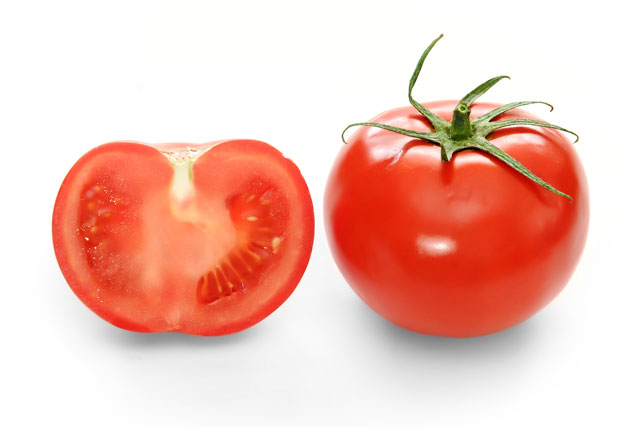
Researchers at Ford and Heinz are collaborating to develop a bioplastic using … tomatoes.
They’re investigating the use of tomato fibres in developing sustainable, composite materials for use in vehicle manufacturing.
Specifically, dried tomato skins could become the wiring brackets in a Ford vehicle or the storage bin a Ford customer uses to hold coins and other small objects, the vehicle manufacturer said on Tuesday.
“We are exploring whether this food processing by-product makes sense for an automotive application,” said Ford plastics research technical specialist Ellen Lee. “Our goal is to develop a strong, lightweight material that meets our vehicle requirements, while at the same time reducing our overall environmental impact.”
Ford has been collaborating with Heinz, Coca-Cola, Nike and Procter & Gamble for the past two years to accelerate development of a 100% plant-based plastic to be used to make everything from fabric to packaging and with a lower environmental impact than petroleum-based packaging materials.
Heinz researchers were looking for ways to recycle and repurpose peels, stems and seeds from the 2m tons of tomatoes the company uses annually to make tomato sauce.
“Although we are in the very early stages of research, and many questions remain, we are excited about the possibilities this could produce for both Heinz and Ford, and the advancement of sustainable 100% plant-based plastics,” said Heinz associate director for packaging research and development Vidhu Nagpal.
In recent years, Ford has increased its use of recycled non-metal and bio-based materials. With cellulose fibre-reinforced console components and rice hull-filled electrical cowl brackets introduced in the last year, Ford’s bio-based portfolio now includes eight materials in production. Other examples are coconut-based composite materials, recycled cotton material for carpeting and seat fabrics, and soy foam seat cushions and head restraints. — (c) 2014 NewsCentral Media




